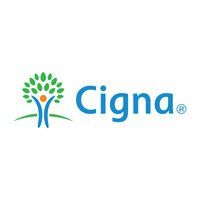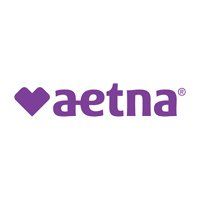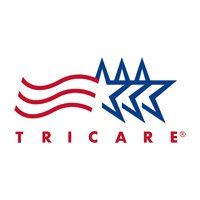3 Myths About Ketamine for Depression
This is a subtitle for your new post

It's no secret that ketamine has been making headlines lately. The media loves to latch on to any new story, and the ketamine story is a juicy one. After all, when you have an effective depression-treating substance with a reputation as a psychedelic or "party drug that's powerful enough to knock out a horse," it's enough to catch anyone's attention.
But the problem is that these myths and misconceptions turn people away at the same time — the people that may need ketamine's help the most. For this reason, we want to debunk the three most common myths about ketamine for depression.
Myth #1: "Ketamine is Addictive"
Though popular opinion might suggest otherwise, ketamine has a wide margin of safety. This means it would take a large amount of the drug to reach toxic levels. However, this shouldn't be a concern for patients in a clinical setting where a medical professional administers appropriate dosages. In other words, there's no need to worry about ketamine overdoses in a controlled medical setting. This is good news for patients who could benefit from its unique properties.
Ketamine is only considered a concern when used outside of a clinical setting. As it is a Schedule III Controlled Substance, it has a potential for abuse and physical or psychological dependence. While this potential is moderate to low and ketamine addiction is rare, it can happen when the drug is misused or abused in prescription or street drug form.
When misused, ketamine can cause serious side effects like high blood pressure, respiratory distress, nausea, slowed and impaired movement and judgment, and delusions. However, ketamine can offer patients significant relief from their symptoms with minimal risks when used appropriately.
Myth #2: "Ketamine Takes Months to Work"
Ketamine is a Rapid Acting Antidepressant (RAAD) – it does not take months to produce positive results. Some patients report results in hours or days, unlike depression medications which can take weeks or even months to take effect.
Ketamine is also unique in that it does not have the same side effects as other antidepressant medications, such as weight gain or sexual dysfunction. For these reasons, ketamine is an increasingly popular treatment option for patients with depression.
Myth #3: "Ketamine is Horse Tranquilizer"
Ketamine has been used as an FDA-approved anesthetic for decades in human and veterinary medicine. However, only recently have researchers begun to unlock its potential as a rapid-acting antidepressant. While ketamine is a promising treatment for depression, the spreading myth that ketamine is primarily a horse tranquilizer is undoubtedly turning people away, and rightfully so – except that this statement is not right.
Though primarily used as an anesthetic, ketamine can also be effective as an off-label prescription medication that treats conditions like anxiety, depression, post-traumatic stress disorder (PTSD), and substance-use disorders.
Despite what you may have heard, ketamine is not primarily used as a horse tranquilizer. While it is true that ketamine is favored in some veterinary practices for its safety and efficacy, its primary uses are more widespread for these same reasons.
If you or someone you know is struggling with mental health or depression, don't write off ketamine as an option – it could be the help you've been looking for.





















